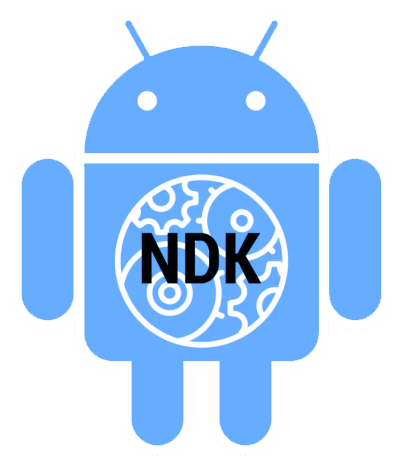

- #Android ndk socket how to#
- #Android ndk socket portable#
- #Android ndk socket android#
- #Android ndk socket software#
- #Android ndk socket code#
#Android ndk socket android#
Strong Experience with Android SDK, NDK, JNI and different versions of Android.
#Android ndk socket software#
the sort) natively.I want to create a socket in Android with NDK, but sometimes I get some errors when connecting to server, and I can make sure that the network of the users' cell phone is available. Meanwhile, Androids native development kit (NDK) also provides native APIs for accessing low-level. Senior Software Engineer, Android - C++, Socket Programming, Android SDK. The server program opens a TCP socket and waits for a client connection. Android (Available through Android NDK) BeOS (and subsequently Haiku).

#Android ndk socket portable#
If native typecasting and sockets improve performance, that's ok, but I can't do anything else (i.e. Errno 97 dengan pemrograman soket Android NDK (Errno 97 with Android NDK socket programming) Ive searched all over google and cant find a solution. The app uses APIs provided by the Android NDK to handle touch events and app. The Portable Operating System Interface (POSIX) is a family of standards specified by the.
#Android ndk socket code#
Additionally, my application code needs to be as close to 100% Java as possible. OpenSSL is an open source library implementing the Secure Sockets Layer (SSL v2/v3) and Transport Layer Security (TLS) protocols as well as a full-strength. and the other side when I do run for the client it work when until the connect to. every thing it's work fine, when i do run to the server side the output ' server starts ' it waiting for connect to the client. Answers that say "don't start with an array of ints" aren't helpful. I am working to implement TCP socket between Android device (client) and the PC (server), the code implemented by c++ (Android NDK). Assume that I have 500,000 ints in Java (doesn't matter where they come from) and I need to get them off the device via a socket as quickly as possible. The Android NDK cross-compiler provides access to many of the Android systems underlying. Hopefully that clarifies the question.Įdit 3: To clarify my use-case, this is a research problem where I distribute a large array of ints across multiple devices and sort the list in parallel. Can be supported in C using sockets and native libraries. Here is a netstat output before the socket closes. VisualGDB will connect to the socket and send instructions on launching the. Android Charon.log: feature CUSTOM:libcharon-receiver in critical plugin charon has unmet dependency: CUSTOM:socket.
#Android ndk socket how to#
This works with a network connection on Android, both with and without a network connection on another machine, but NOT on Android without a network connection. This page describes how to easily launch the Android gdbserver from your app. Using ByteBuffers is not a good option, its actually way slower than mask-and-shift, which is still way slower than my performance critical code needs! That's why I'm asking about the NDK.Įdit 2: I changed the text above to say that C code can cast from int* to char* instead of int to byte. Two sockets are created, and one reads from the other. This is the equivalent of: ::getBoundNetworkForProcess ()) Returns 0 on success, or -1 setting errno to EINVAL if a null pointer is passed in. Basically I have developed a library in native C code that uses UDP sockets for SIP/RTP and uses OpenAL for audio recording/playback - basically the whole. My question now is, if I take the int and pass it through JNI to the Android NDK, can I expect the typecasting to byte to go any faster in native code? I know typecasting int* to char* is quite simple in plain-old C, however I'm wondering if the JNI will negate any performance gains.įurthermore, once I have a byte in my native code, can I efficiently pass it back to my Java code or do I need to implement the socket in C as well?Įdit 1: People have been posting a lot of answers without clicking on the link. ) Gets the network bound to the current process, as per androidsetprocnetwork. Currently, I'm spending a lot of time converting the int to a byte so that Java's socket will accept it (see my previous question Efficiently send large int over sockets in Java, where we determined there's no faster way to do the typecasting in Java). I need to send an array of 500,000 ints over a socket between two Android devices.


 0 kommentar(er)
0 kommentar(er)
